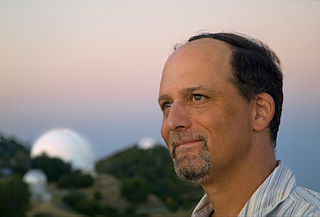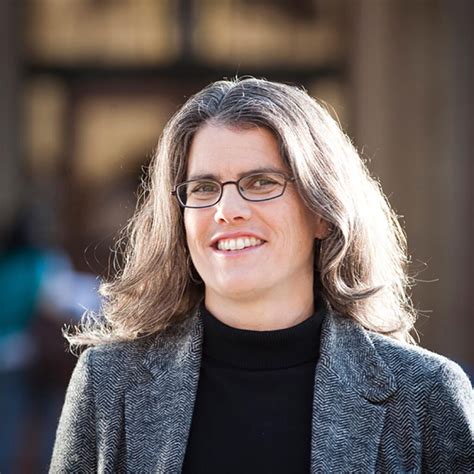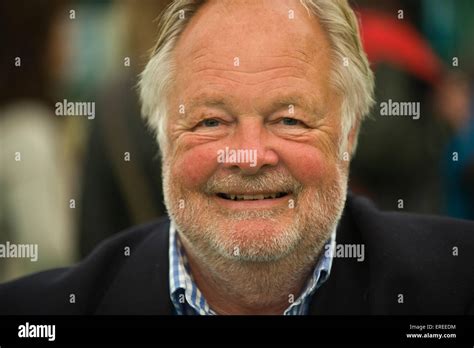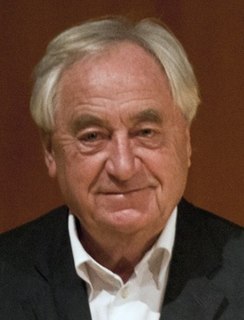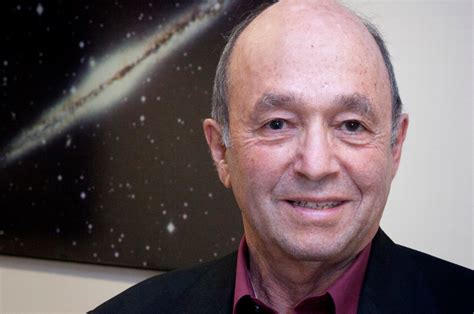A Quote by Seth Shostak
Are we the only members of the Galaxy that can actually understand what a galaxy is? Could Homo sapiens really be the pinnacle of Creation - the cleverest critters in the cosmos? If we learn the answer is 'no,' that would affect our philosophies forever.
Related Quotes
We want to be special. We want our place in the cosmos to be central. We want evolution-even godless evolution-to have been directed toward us so that we stand at the pinnacle of nature's ladder of progress. Rewind the tape of life and we want to believe that we (Homo Sapiens) would appear again and again. Would we? Probably not.
The paradox of the human condition is expressed more in education than elsewhere in human culture, because learning to learn has been and continues to be Homo Sapiens' most formidable evolutionary task... It must also be clear that we will never quite learn how to learn, for since Homo Sapiens is self-changing, and since the more culture changes the faster it changes, man's methods and rate of learning will never quite keep pace with his need to learn.
While the Copernican principle comes with no guarantees that it will forever guide us to cosmic truths, it's worked quite well so far: not only is Earth not in the center of the solar system, but the solar system is not in the center of the Milky Way galaxy, the Milky Way galaxy is not in the center of the universe, and it may come to pass that our universe is just one of many that comprise a multiverse. And in case you're one of those people who thinks that the edge may be a special place, we are not at the edge of anything either.






